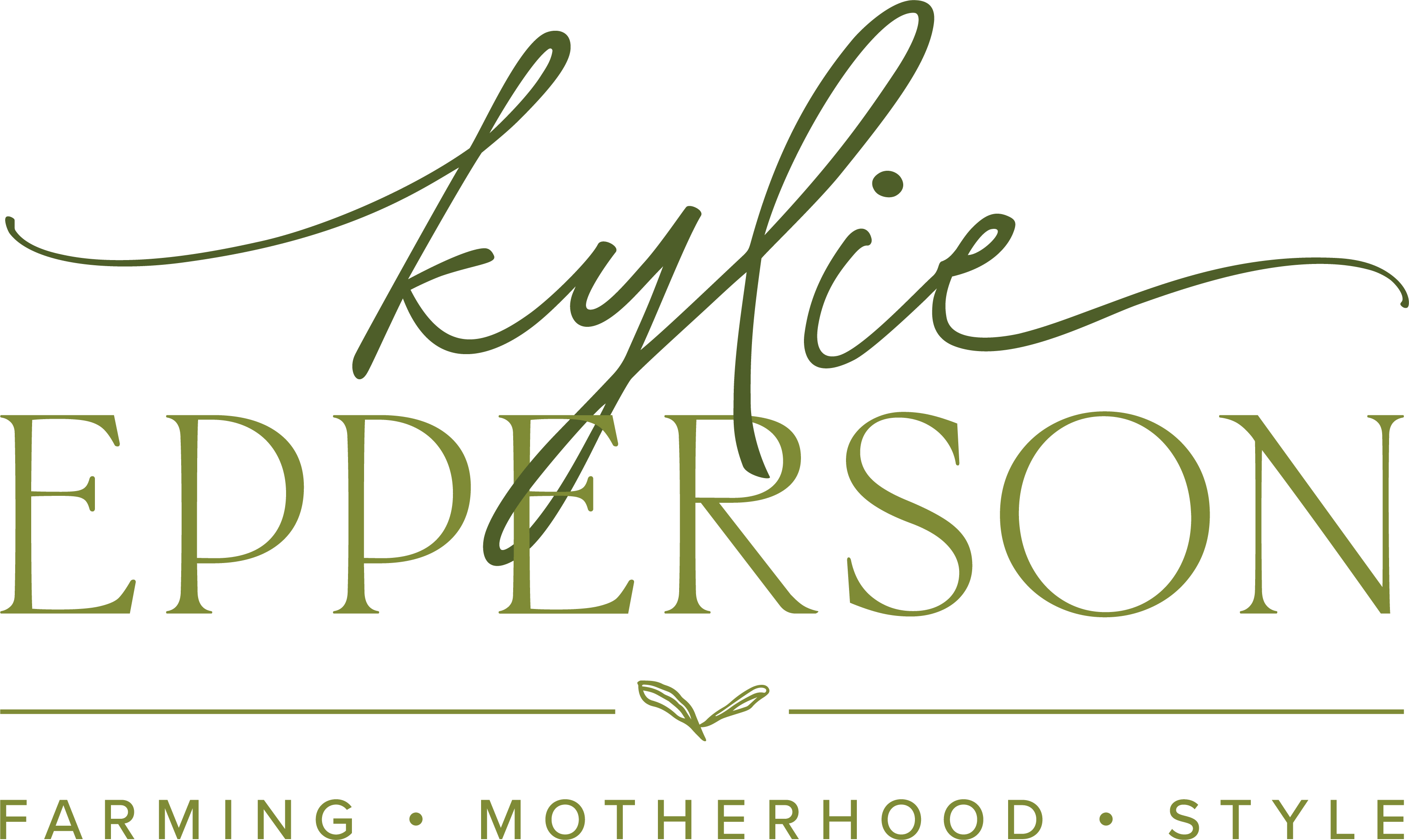
I’m a grocery store farmer. Yep, you heard that correctly. Our family raises the food that we have the privilege of purchasing at our grocery stores, you know, the store where we buy most of our food from. I love walking through the isles of the grocery store knowing that I am helping put food on the shelves for you to purchase, too!
As coronavirus rips through the country and exposes the inefficiencies of the food supply chain, the “buy local” movement is as strong as ever. I 100% support this movement but want to also bring a few things into the light.
The United States produces more than enough pork to meet the demands of the American consumer. In fact, pork producers in the United States rely heavily on the export markets – we are literally feeding protein to people around the world with delicious, lean, nutritious pork. How stinking cool is that – my delicious, lean, nutritious pork going to people around the world and down the road for you!?
The buy local movement has been trending for far longer than the pandemic, with the virus pushing it to its peak. Purchasing from a local farmer and processing it through a local butcher is a great option to know exactly where your meat came from. There are many “buy local” options that would satisfy the idea of purchasing from your neighbor.
With that being said, the meat you are purchasing on your grocery store shelves is also being produced by an American farmer. Over 95% of the pork consumed in America is produced within our borders. My family is a grocery store farmer. We market our meat to our local JBS Processing Plant and the meat from the pigs we raise on our farms is sold in various grocery stores across the nation, primarily in the Northeast, South and West Coast. Large companies, like JBS, and the producers that provide meat to their plant pay extra attention to animal care. Producers, and anyone working with hogs, take the Pork Quality Assurance® certification, which is designed to help pig farmers and their employees use best practices to promote food safety (National Pork Board). In addition to the PQA certification, hog farms are also required to have a site assessment and take part in the Common Swine Industry audit, all of which are steps to ensure animal well being and care. Pork producers committed to continuous improvement. We want to continue to provide the highest quality and safest available pork, both domestically and worldwide. Taking these extra certification steps ensures that the meat on my local store shelves, while it may not come from our barns, has been raised in the same, humane, caring atmosphere that our pigs were raised in.
Here are some fun facts about pork production. According to the National Pork Producers Council (NPPC), the pork industry supports approximately 550,000 jobs. These jobs range from pork producers and meat processors to transport and Main Street businesses. Nationwide, more than 60,000 pork producers annually market more than 115 million hogs. On average, these animals provided total gross income of more than $20 billion.
In addition to this, our country has over 328 million residents – 328 million mouths to feed and that population is continuing to grow (US Census). Whether you are purchasing your pork from a local farmer and having it processed locally or grabbing a few cuts of pork off your local grocery store shelf, you are supporting American farmers. There is absolutely, matter of fact, room for both parties to successfully operate in America. I said it before and I’ll say it again, AMERICAN pig farmers and processing plants, when running smoothly together, are able to produce MORE than enough pork to feed Americans.
Eat more pork!
Sources:
https://jbssa.com/sustainability/social-responsibility/animal-care/pigs-sheep/
